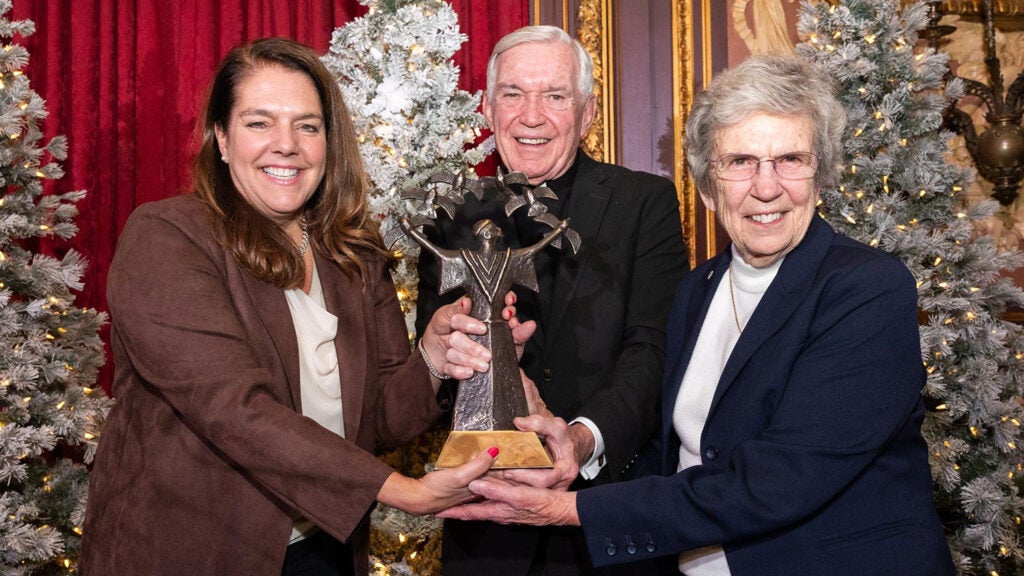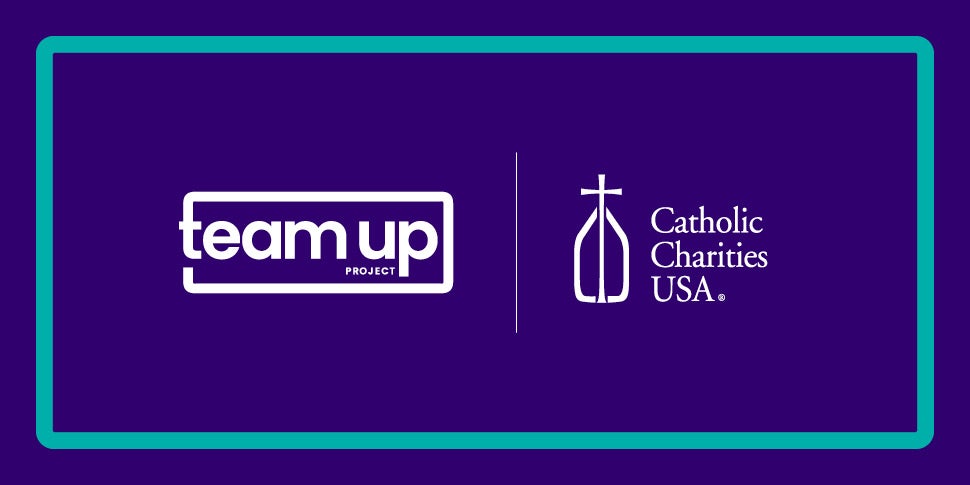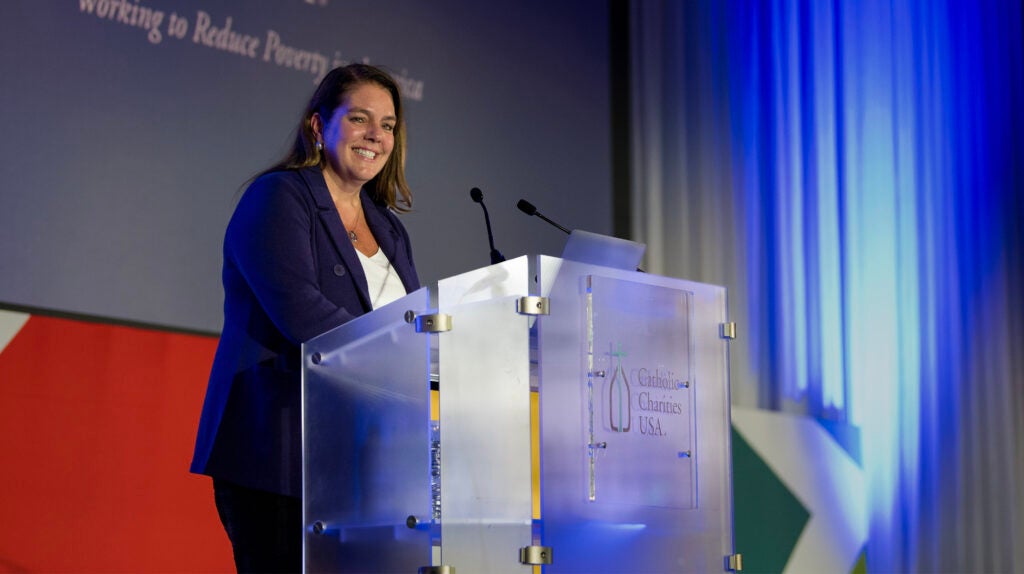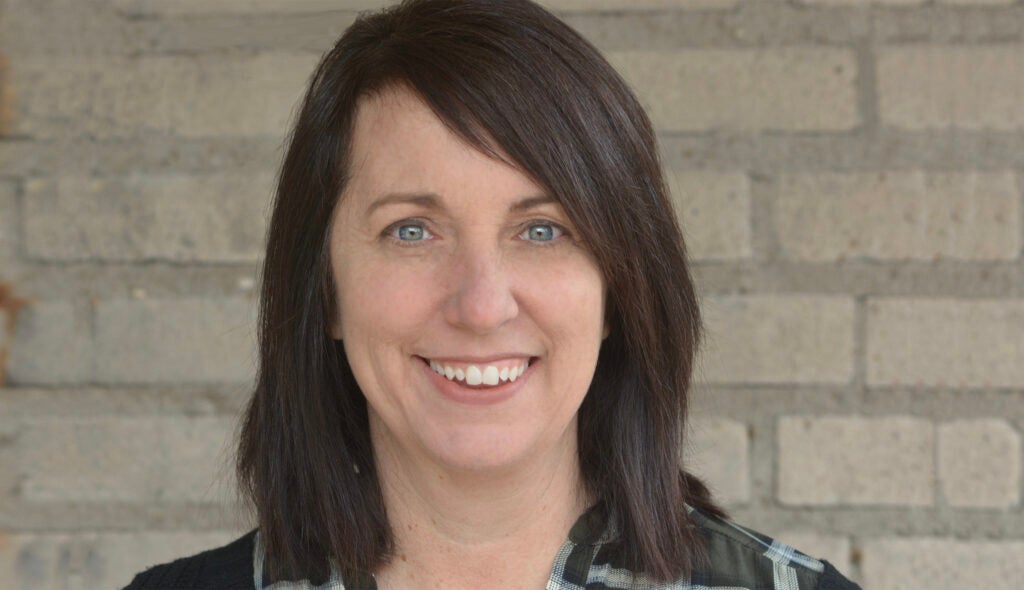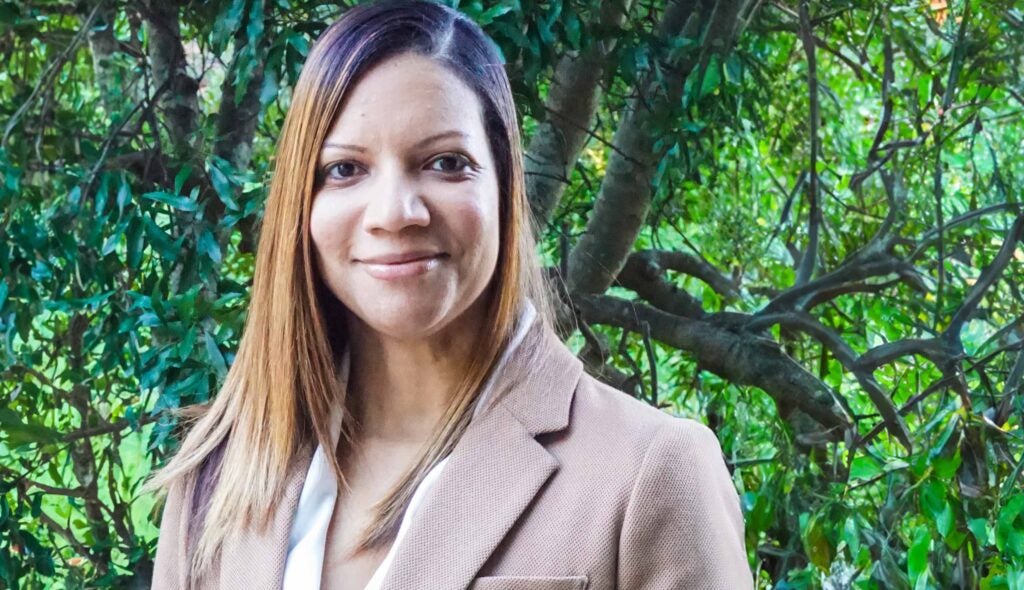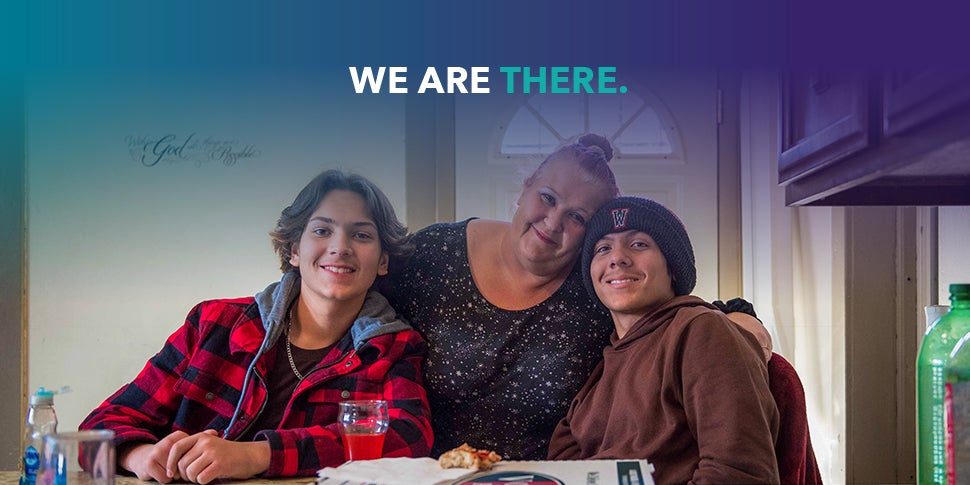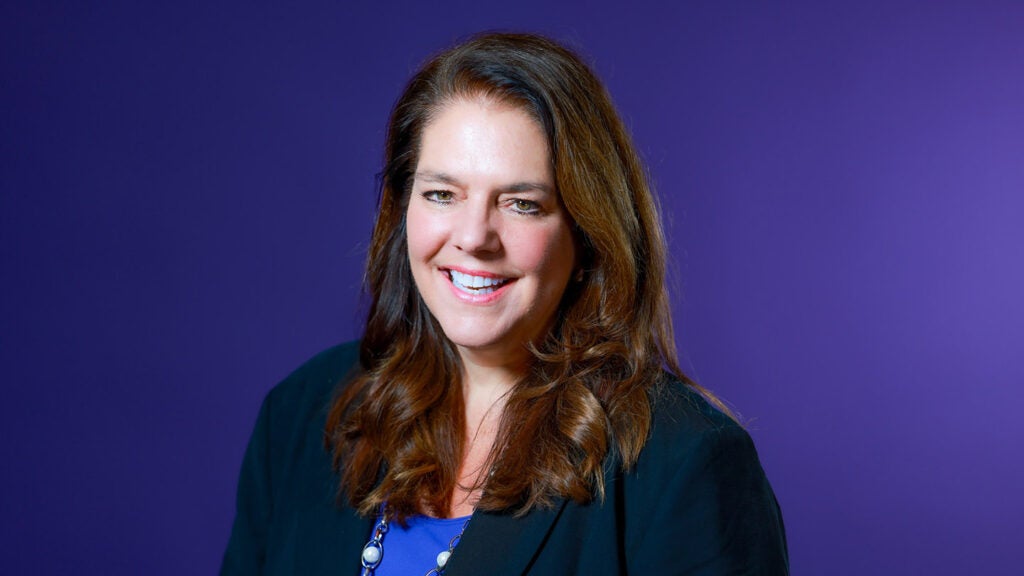
Catholic Charities USA president calls Ryan anti-poverty proposal “Good Faith Effort”
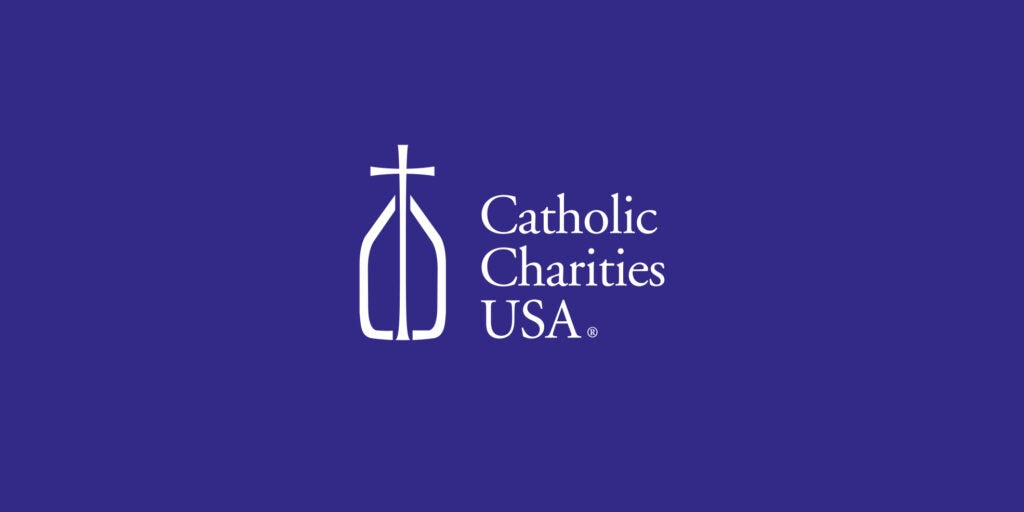
Alexandria, Virginia (July 24, 2014) – Catholic Charities USA (CCUSA) President Rev. Larry Snyder responded to “Expanding Opportunity in America,” released by House Budget Committee Chairman Paul Ryan (R-Wisc.) this morning, saying it is an opportunity to engage in a robust
discussion around supporting innovative ideas while maintaining the organization’s commitment to a strong response to assist those in need.
“We appreciate Congressman Ryan’s attempt to improve the way our nation tackles the complex issue of poverty and look forward to reviewing the proposal in greater detail,” said Father Snyder. “While we know we will not agree on everything, we see this paper as a good faith effort to begin a serious and bipartisan discussion on reforming the way our nation responds to the needs of those struggling to make ends meet.”
In 2010, CCUSA released the National Opportunity and Community Renewal Act, which put forth a series of anti-poverty policy principles that encouraged lawmakers to engage with ideas that promote results-driven, market-based, and systems-changing reform. With any proposal that is put forth in Washington, CCUSA calls for a focus on the principles of subsidiarity and solidarity, working to support the common good while strengthening the dignity of the human person.
The white paper, unveiled at the American Enterprise Institute this morning, includes provisions that would attempt to increase funding stream flexibility and expand the Earned Income Tax Credit (EITC). Additionally, the paper proposes reducing regulations, reforming education assistance, grounding policy in evidence-based research, and increasing fairness in the criminal justice system.
The proposal includes a number of ideas that CCUSA has traditionally supported, including local pilot projects to examine innovative approaches, expanded job training programs and EITC access, rigorous research and evaluation, and policy reforms that would improve prison re-entry supports and efforts to strengthen families. However, areas of disagreement include provisions that could lead to state-level block grants as well as provisions that could eliminate program-specific funding that provides crucial assistance to those in need.
“We plan to take advantage of the opportunity to provide feedback in the coming weeks,” said Father Snyder. “We call on both parties and all people of good will to engage with the principles in this document and participate in a constructive discussion about incorporating innovative and results-driven elements into our nation’s response to the unacceptable reality of so many in need.”

